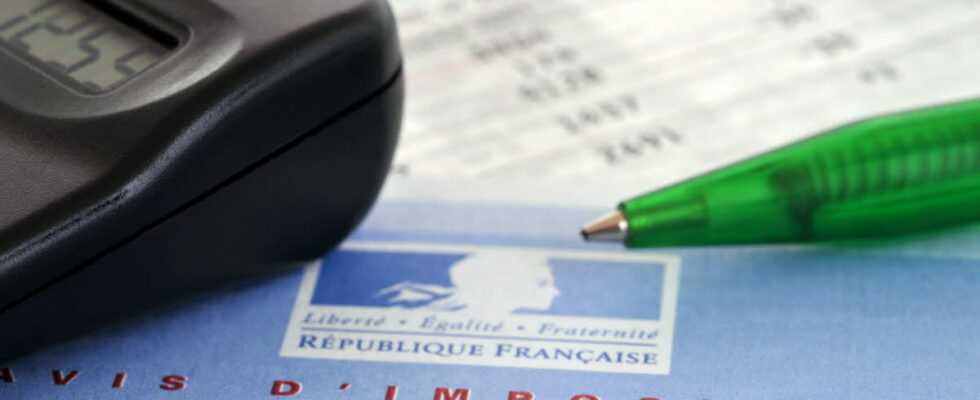The bad news fell on Tuesday March 29, 2022. The 32 million French people who own real estate will pay even more property tax this year, the cadastral rental value having been revalued by 3.4%. However, this value serves as the basis for calculating the property tax, and its revaluation is explained by the galloping inflation at the start of the year.
If the property tax is increasing, landlords who rent their property can limit damage by increasing the rent, provided that the lease includes an annual rent review clause.
Records in Rhône-Alpes
Of course, this 3.4% increase does not entirely explain the increases announced by certain municipalities. In October 2021, the National Union of Real Estate Property (UNPI) published its new property tax barometer, highlighting a damning finding. With an average increase of 11.4% over the last five years and 27.9% during the period 2010-2020, property tax has increased three times more than inflation (8.9% over ten years).
During this decade, towns broke real records: +92.5% for La Haute-Baume in the Hautes-Alpes; + 80.5% for Belleydoux in Ain; +76.7% for Freney in Savoie; or even + 75.7% for Rochebrune in Drôme.
The catch-up of the housing tax
And this upward trend has a priori no reason to stop. Because, after the abolition of the business tax in 2010, is added the gradual disappearance of the housing tax (generalized for 2023). Admittedly, the law plans to compensate the municipalities for the loss suffered by transferring to them the property tax rate on the built properties of the departments, but the account is not there.
In a study published at the end of 2020, the Institute of Public Policies (IPP) denounced a loss of tax revenue of 21.6 billion euros for municipalities and intermunicipalities. If, for their day-to-day management, the municipalities manage to get out of it by the game of financial compensation, the danger arises as soon as they are confronted with an exceptional event. And this was indeed the case at the height of the Covid-19 epidemic.
New local taxes?
Major actors in the crisis, the mayors had to face unforeseen expenses, but also other losses of revenue resulting from successive confinements. Consequently, in addition to borrowing, they have no choice but to increase what has become their main fiscal resource: the property tax.
Some elected officials who wish to bail out the empty coffers of their communities and maintain their investment forecasts are already debating the need to create a new local tax, which could be calculated on household income, or a climate tax which would be used to finance the transition. ecological of the territories.
